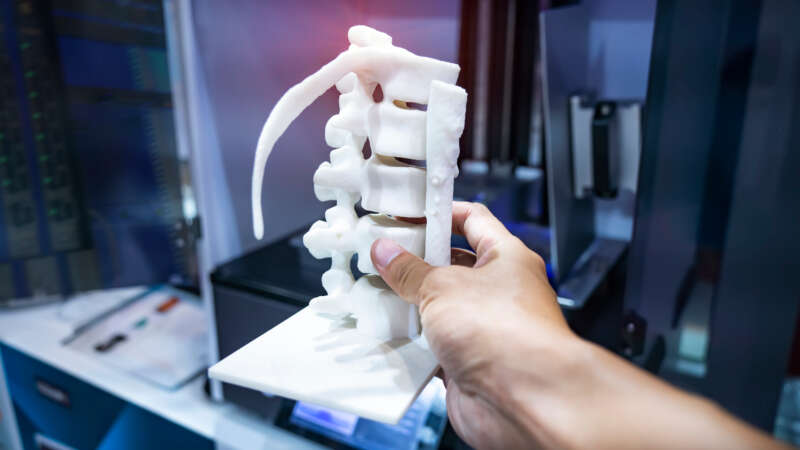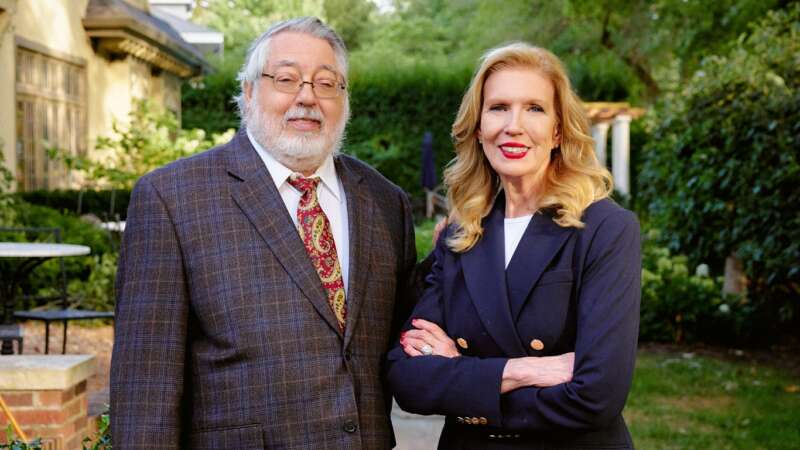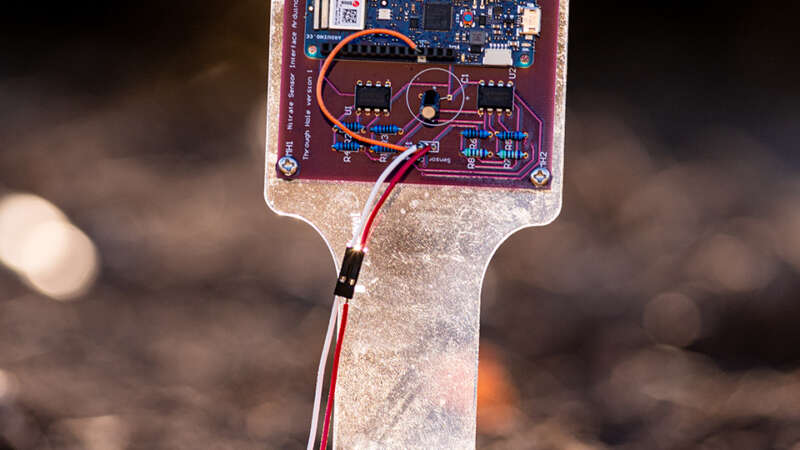K-State engineer to build nationally funded automated security software
From global IT outages to regular ransomware attacks, the cybercrime landscape is quickly evolving — sometimes too quickly for software manufacturers to keep up. In a world where AI can be a dirty word, one Kansas State University engineer has set out to use artificial intelligence as a tool to change the cybersecurity game.
Xiaolong Guo, assistant professor in the Mike Wiegers Department of Electrical and Computer Engineering aims to save time and money for semiconductor manufacturers. Through his efforts, Guo has not only received attention from the science world — he’s received monetary support.
The five-year project, entitled “When Learning Meets Reasoning: Mitigating Security Risks with Large Language Models and Causality Inference,” landed Guo a prestigious $490,000 grant through the National Science Foundation Faculty Early Career Development Program (CAREER).
“Our project focuses on tackling security risks in hardware caused by software,” Guo said. “As hardware becomes more complex, finding these flaws manually is tough and costly. The tools we develop will automate this process, helping semiconductor manufacturers save time and money.”
While working to solve issues through its automated cloud-based testing platform, the software also creates space for those in the field to collaborate. The next generation of computer engineers is itching to strengthen its skills, and Guo’s project will help to create a pipeline of professionals ready to tackle future challenges.
Due to educational resources like the CAREER grant, K-Staters like Guo can help inspire others in their industry fields. This project has not only been a substantial step in hardware security; it has put the Department of Electrical and Computer Engineering on the map yet again.
Support the Carl R. Ice College of Engineering.
Written by: Abbigail Marshall
Curated from: K-State News Release





